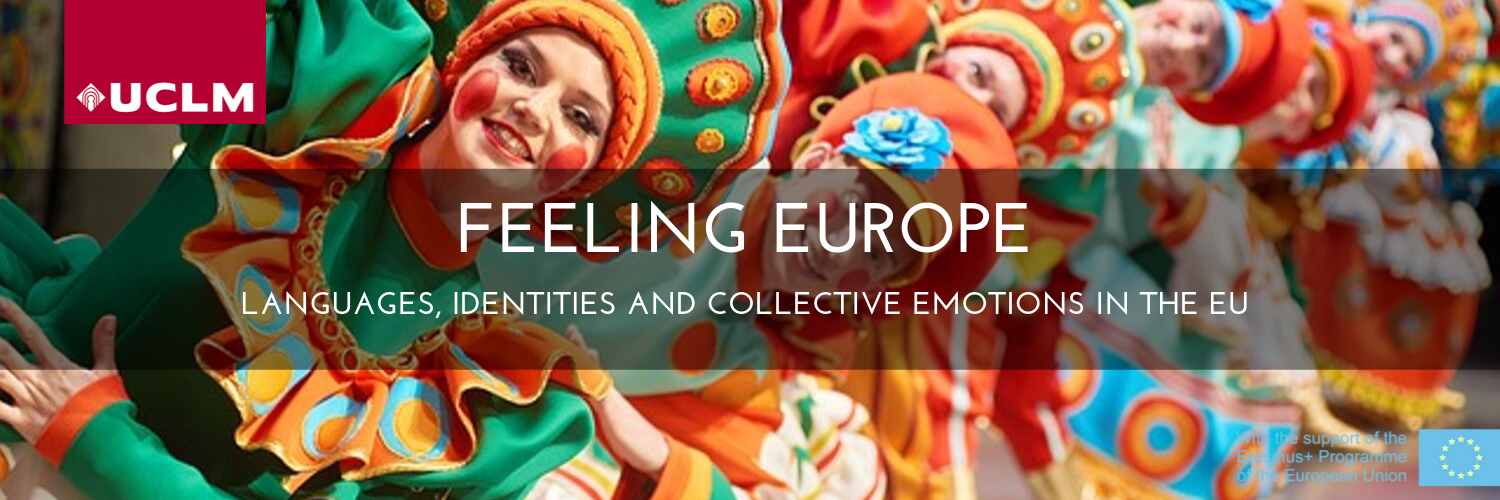Our courses focuses on the study and critical analysis of the past, present and future of EU language policies among students of a series of traditionally non-EU related studies, such as Linguistics, Literature, Cultural Studies, Education, Philosophy and History. Through the in-depth analysis of these language policies, future language teachers, translators and researchers will not only become more familiar with the main EU institutions, but also develop a clear understanding of the main language-related decision processes in the EU, as well as their impact on its citizens.
These courses adopt an interdisciplinary approach to the study of EU language policies, with a particular focus on language legislation, sociolinguistics, language education and ethnography. The courses cover the EU’s institutional framework and key decision-making processes, the main theoretical perspectives on European language policies and an analysis of core fields of multilingualism within a EU perspective. These courses are aimed at Humanities students who seek to engage in EU-related research and/or would like to work in or with EU institutions in their professional careers. The courses provide students with an advanced-level overview of language policies in the European Union and introduce them to contemporary challenges of European multilingualism.
Each year, we will organize three courses on different aspects of EU multilingualism. To start with, the undergraduate course ‘Multilingualism: A European Union Perspective’ (24 hours) will focus on topic linguistic diversity and social inclusion in the EU.
Similarly, the postgraduate course ‘Language Policy and Multilingual Education in the European Union’ (24 hours) will provide students with an analysis of the current EU’s language planning efforts to promote multilingualism through education and translation/interpretation.
Finally, the summer course ‘Language Policies and Intercultural Dialogue for a Changing Europe’ (12 hours) will focus on the analysis of current and future challenges of European multilingualism within a global perspective.
From a methodological point of view, these courses use a cooperative learning approach. Course participants will work in small groups and complete tasks collectively toward academic goals. Participants will prepare seminar discussions in advance using the guidelines and readings provided by the lecturers. This methodological approach will stimulate critical thinking among students, develop their skills to interpret and apply language policies and encourage future academic and professional careers in the field of European studies. At the end of the course, students should:
• be able to identify and understand the functioning of the main EU institutions and their role in language-related issues;
• have a clear understanding of the main language-related decision processes in the EU;
• be familiar with theories of European integration and multilingualism;
• be aware of the multilingualism-related challenges facing European integration;
• be able to locate and analyse EU language policy documents, legislation, action and case law, and to provide policy advice;
• be able to synthesize, analyze and evaluate primary and secondary sources;
• be able to reason analytically and logically within a range of disciplines;
• be able to communicate effectively;
• communicate effectively in writing to both scientific and non-scientific audience;
• know how to approach a question from various perspectives between and within discipline(s);
• be familiar with the basic theories and methodology from more than one discipline regarding the study of language policies and multilingual education in Europe.
We conceive these courses as a professionalizing tool for students who intend to work in such fields of teaching, translation/interpretation and research. A better knowledge of European multilingualism and an understanding of the role of EU institutions will undoubtedly contribute to their future professional life. Although this is especially true in the case of future language teachers, teachers of other subjects within the general field of the humanities (such as History, Geography or Spanish Language and Literature) will also benefit from this project, in so far as they will become more aware not only of European multilingualism as an added value, but also of what language education entails in different educational contexts, including CLIL approaches to multilingual education promoted by the EU in order to improve the language skills of its citizens.
